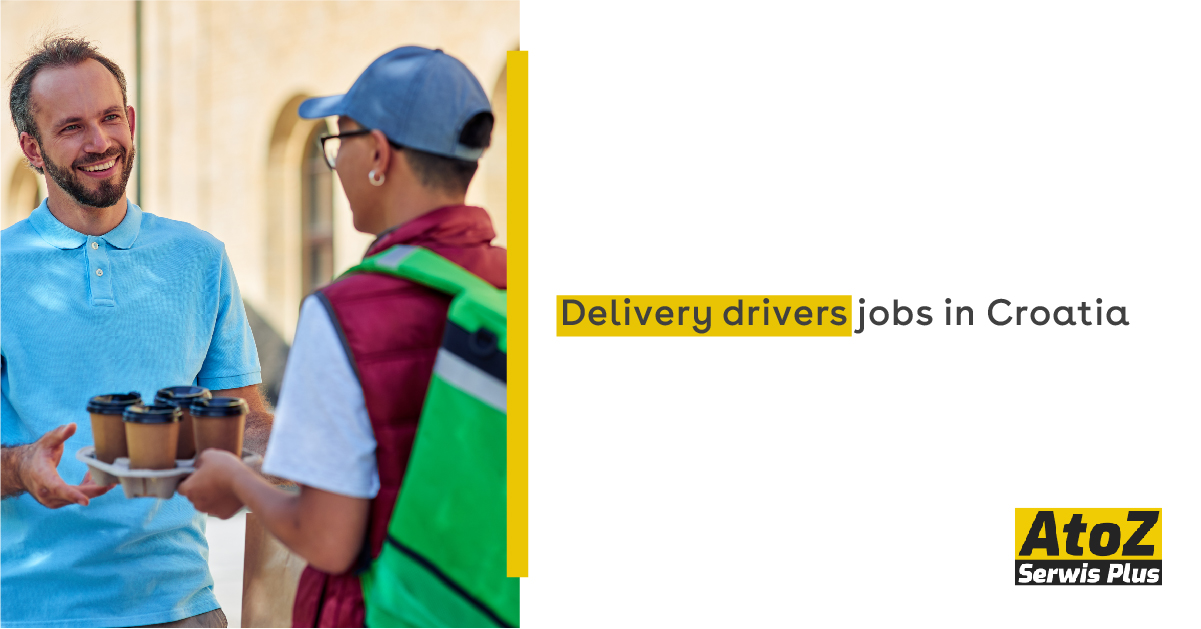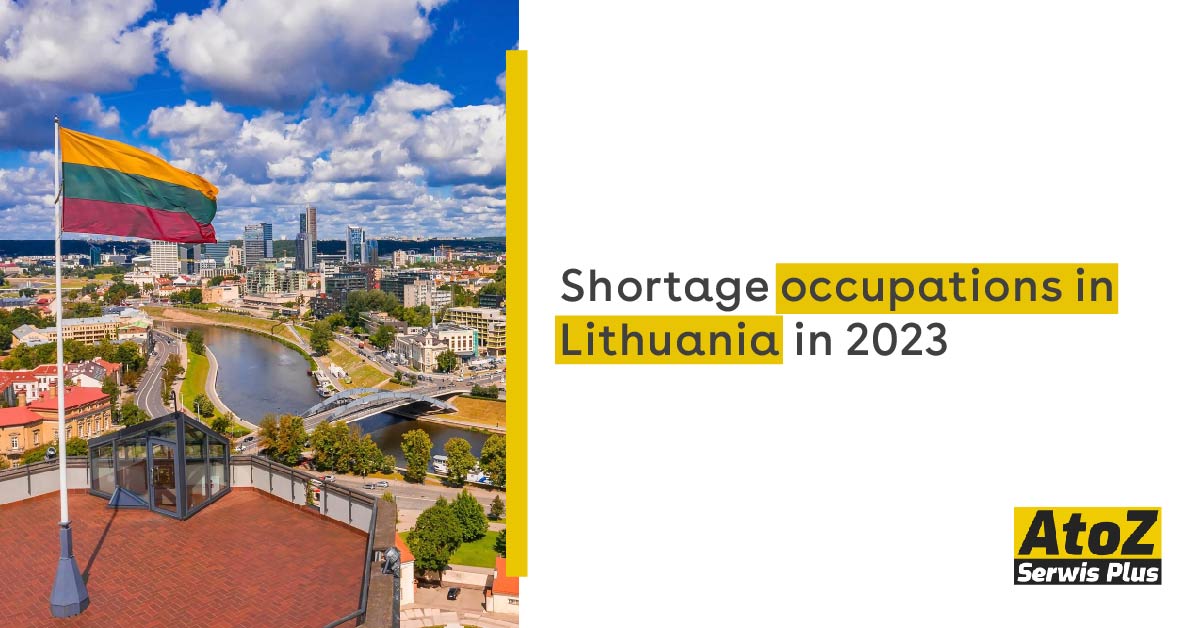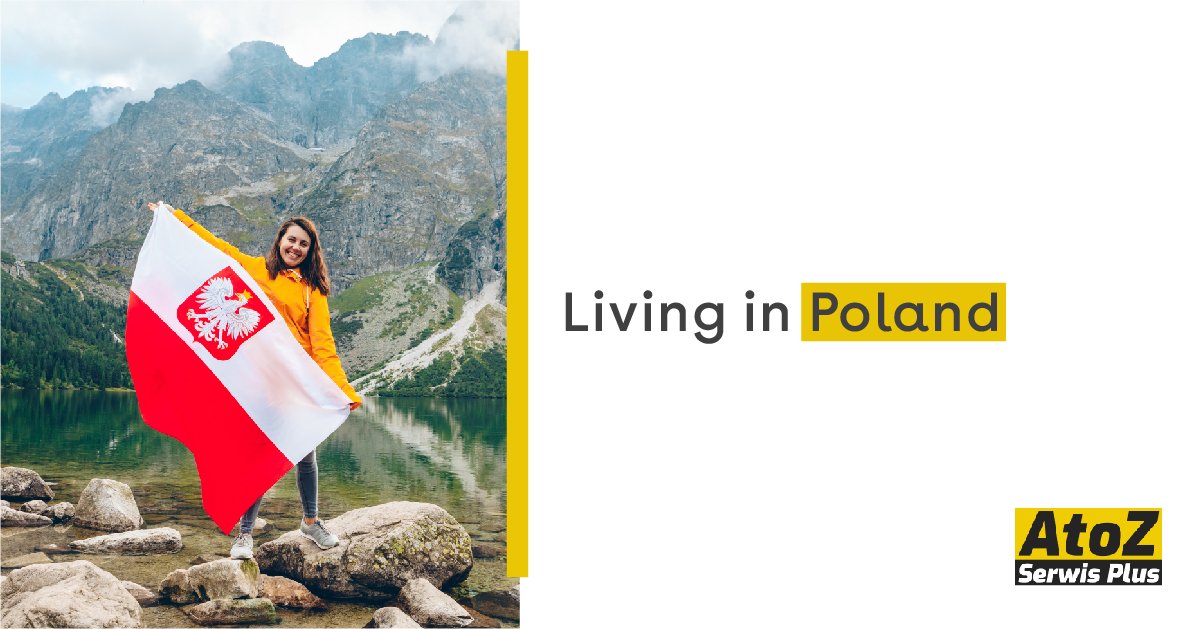

Top Career Opportunities in Croatia for 2025
Are you ready to kick-start an exciting career in Croatia? With 2025 on the horizon, Croatia’s job market is evolving rapidly, opening doors for locals and international professionals. The question is, with so many opportunities out there, how do you pick the right one?
Picture yourself in a role that aligns with your career goals and lets you embrace Croatia’s rich history, breathtaking landscapes, and vibrant culture. Whether you’re passionate about technology, healthcare, or creative fields, Croatia’s diverse economy offers many career options across various sectors.
In this blog post, we’ll explore the top career opportunities in Croatia for 2025, dive into the booming industries, and provide tips on positioning yourself for success in this ever-changing job market. Get ready to discover your dream job in one of Europe’s most stunning and welcoming destinations!
Thriving Industries in Croatia's 2025 Job Market
A. Tech Sector: Croatia's Silicon Valley
Croatia's tech sector is poised to become the country's Silicon Valley by 2025. With a growing number of startups and established tech companies, the industry offers numerous opportunities for IT professionals, software developers, and data scientists.
|
Job Role |
Average Salary (EUR) |
Growth Rate |
|---|---|---|
|
Software Developer |
40,000 - 60,000 |
15% |
|
Data Scientist |
45,000 - 70,000 |
20% |
|
Cybersecurity Specialist |
50,000 - 80,000 |
25% |
Key areas of focus in Croatia's tech sector include:
- Artificial Intelligence and Machine Learning
- Blockchain technology
- Internet of Things (IoT)
- Cloud computing
B. Sustainable Tourism and Hospitality
As Croatia continues to be a popular tourist destination, the focus is shifting towards sustainable tourism practices. This industry offers a wide range of career opportunities, including:
- Eco-tourism guides
- Sustainable hotel managers
- Green event planners
- Cultural heritage preservationists
C. Green Energy and Environmental Services
Croatia is investing heavily in renewable energy sources, creating numerous job opportunities in:
- Solar and wind energy technicians
- Environmental consultants
- Waste management specialists
- Energy efficiency analysts
D. Healthcare and Biotech Innovations
The healthcare and biotech sectors are experiencing rapid growth, with a focus on:
- Telemedicine specialists
- Biotech researchers
- Medical device engineers
- Healthcare data analysts
These industries are expected to drive Croatia's job market in 2025, offering diverse career opportunities for locals and expatriates.
High-Demand Professions and Skills
A. Software Developers and IT Specialists
As Croatia's digital landscape continues to evolve, the demand for software developers and IT specialists is skyrocketing. These professionals are at the forefront of Croatia's technological revolution, driving innovation across various sectors.
Key skills in high demand:
- Full-stack development
- Cloud computing
- Cybersecurity
- Mobile app development
- DevOps
|
Specialisation |
Average Salary (EUR/year) |
Growth Potential |
|---|---|---|
|
Full-stack |
40,000 - 60,000 |
High |
|
Cybersecurity |
45,000 - 70,000 |
Very High |
|
Cloud Engineer |
35,000 - 55,000 |
High |
B. Sustainable Tourism Managers
With Croatia's tourism industry booming, there's a growing need for professionals who can balance economic growth with environmental preservation. Sustainable tourism managers are crucial in developing eco-friendly practices and promoting responsible travel.
Essential skills:
- Environmental management
- Marketing and branding
- Stakeholder engagement
- Cultural sensitivity
- Data analysis for tourism trends
C. Renewable Energy Engineers
As Croatia approaches greener energy solutions, renewable energy engineers are becoming increasingly valuable. These professionals are essential for designing, implementing, and maintaining sustainable energy systems.
Key areas of focus:
- Solar power systems
- Wind energy technology
- Biomass energy solutions
- Energy storage systems
- Smart grid integration
D. Data Scientists and AI Experts
The rise of big data and artificial intelligence creates exciting opportunities for data scientists and AI experts in Croatia. These professionals are in high demand across various industries, from finance to healthcare.
Critical skills:
- Machine learning algorithms
- Data visualisation
- Predictive modelling
- Natural language processing
- Ethical AI development
E. Healthcare Professionals
Croatia's ageing population and focus on improving healthcare services drive demand for skilled healthcare professionals. The healthcare sector offers diverse opportunities, from doctors and nurses to specialists in emerging fields.
In-demand roles:
- Telemedicine specialists
- Geriatric care experts
- Mental health professionals
- Health informatics specialists
- Rehabilitation therapists
As we look towards 2025, these high-demand professions reflect Croatia's commitment to innovation, sustainability, and quality of life. Next, we'll explore the education and training paths available to prepare for these exciting career opportunities.
Education and Training for Future Careers
A. Top Universities Offering Relevant Programs
Croatia boasts several prestigious universities that offer programs aligned with the country's future job market. Here are some top institutions and their notable programs:
- University of Zagreb
- Computer Science and Engineering
- Biotechnology
- Economics and Business
- University of Split
- Electrical Engineering and Information Technology
- Maritime Studies
- Tourism Management
- University of Rijeka
- Medical Sciences
- Engineering and Technology
- Digital Humanities
|
University |
Notable Programs |
Key Features |
|---|---|---|
|
Zagreb |
Computer Science, Biotechnology |
The largest and oldest university |
|
Split |
Electrical Engineering, Tourism |
Strong industry connections |
|
Rijeka |
Medical Sciences, Digital Humanities |
Focus on innovation |
B. Vocational Training Opportunities
Vocational education prepares the workforce for Croatia's evolving job market. Key areas include:
- Tourism and Hospitality: Culinary arts, hotel management
- IT and Digital Skills: Web development, cybersecurity
- Healthcare: Nursing, medical technicians
- Renewable Energy: Solar panel installation, wind turbine maintenance
C. Online Courses and Certifications
To supplement traditional education, many Croatians are turning to online platforms for skill development:
- Coursera: Offers courses from top global universities
- edX: Provides micro-credentials in high-demand fields
- LinkedIn Learning: Focuses on business and tech skills
- Local platforms: Croatian-specific online learning resources
These options allow learners to acquire skills in emerging fields such as data science, artificial intelligence, and digital marketing, which are becoming increasingly crucial in Croatia's job market for 2025 and beyond.
Government Initiatives Supporting Career Growth
Tax Incentives for Key Industries
The Croatian government has implemented strategic tax incentives to boost growth in key industries. These incentives are designed to attract both domestic and foreign investments, creating a fertile ground for career opportunities.
|
Industry |
Tax Incentive |
|---|---|
|
IT and Digital |
Up to 25% tax deduction on R&D expenses |
|
Green Energy |
50% reduction in corporate tax for the first 5 years |
|
Tourism |
15% tax credit on infrastructure investments |
|
Manufacturing |
Accelerated depreciation for new equipment |
These tax benefits stimulate job creation and encourage companies to invest in employee training and development, enhancing career growth prospects.
Startup Support Programs
Croatia's commitment to fostering innovation is evident in its robust startup ecosystem support:
- Incubator programs offering free office space and mentorship
- Government-backed venture capital funds for early-stage startups
- Simplified business registration process for tech startups
- Annual startup competitions with substantial prize money
These initiatives create exciting opportunities for entrepreneurs and job seekers in emerging fields like fintech, biotech, and AI.
International Collaboration Projects
Now, let's explore how Croatia is leveraging international partnerships to enhance its job market:
- EU-funded cross-border projects in renewable energy
- Joint research programs with leading global universities
- Technology transfer initiatives with Silicon Valley companies
- Cultural exchange programs boosting tourism and hospitality sectors
These collaborations allow Croatian professionals to gain international exposure and bring global best practices back home, further enriching the local job market.
Navigating the Croatian Job Market
Networking Strategies for Success
Networking plays a crucial role in navigating the Croatian job market. Here are some effective strategies:
- Attend industry events and conferences
- Join professional associations
- Utilize online platforms like LinkedIn
- Participate in local meetups and workshops
To maximise your networking efforts, consider the following table:
|
Networking Method |
Benefits |
Tips |
|---|---|---|
|
Industry events |
Face-to-face interactions, Latest trends |
Research speakers, Prepare questions |
|
Online platforms |
Broad reach, 24/7 accessibility |
Optimise profile, Engage regularly |
|
Local meetups |
Build local connections, Cultural insights |
Be consistent, Follow up promptly |
Language Requirements and Cultural Considerations
While English is widely used in many industries, proficiency in Croatian can significantly enhance your job prospects. Consider:
- Taking Croatian language courses
- Immersing yourself in local culture
- Understanding business etiquette
Work Visa and Residency Information
Securing the proper work visa is crucial for foreigners seeking jobs in Croatia. Key points to remember:
- EU citizens don't need a work permit
- Non-EU citizens require a work permit and residence visa
- Employers often assist with visa processes
Now that you have networking strategies, language considerations, and visa information, you are better prepared to navigate the Croatian job market. Next, we will explore salary expectations and living costs to give you a comprehensive view of working in Croatia.
Salary Expectations and Cost of Living
A. Average Salaries in Top Industries
As Croatia's economy evolves, salary expectations vary across different industries. Here's a breakdown of average annual salaries in some of the top sectors for 2025:
|
Industry |
Average Annual Salary (in Croatian Kuna) |
|---|---|
|
IT and Technology |
250,000 - 350,000 |
|
Finance and Banking |
200,000 - 300,000 |
|
Healthcare |
180,000 - 280,000 |
|
Engineering |
220,000 - 320,000 |
|
Tourism and Hospitality |
150,000 - 250,000 |
B. Regional Variations in Pay
Salaries in Croatia can vary significantly depending on the region:
- Zagreb (capital city): Generally offers the highest salaries, often 10-20% above the national average
- Coastal regions (Split, Dubrovnik): Competitive salaries, especially in tourism-related jobs
- Northern Croatia (Varaždin, Čakovec): Slightly lower salaries, but with a lower cost of living
- Eastern Croatia (Osijek, Slavonski Brod): Typically lower salaries, but with ongoing development initiatives
C. Balancing Income with Living Expenses
When considering job opportunities in Croatia, balancing your income with the cost of living is crucial. Here are some key expenses to consider:
- Housing: Rent typically consumes 30-40% of an average salary
- Food and groceries: About 20-25% of monthly expenses
- Transportation: Public transport is affordable, but owning a car can be expensive
- Healthcare: Public healthcare is accessible, but private insurance may be desirable
- Utilities and internet: Around 10-15% of monthly expenses
Now that we've explored salary expectations and living costs let's delve into the work-life balance and quality of life you can expect in Croatia.
Work-Life Balance and Quality of Life
Croatian Work Culture
Croatia's work culture balances productivity and relaxation. The standard workweek is 40 hours, typically spread over five days. Croatians value punctuality and professionalism while maintaining a friendly atmosphere in the workplace.
Work-Life Balance Comparison
|
Aspect |
Croatia |
EU Average |
|---|---|---|
|
Annual Leave |
20-30 days |
20-25 days |
|
Public Holidays |
14 days |
10-12 days |
|
Lunch Break |
30-60 minutes |
30-45 minutes |
|
Overtime |
Compensated |
Varies |
Leisure and Recreational Opportunities
Croatia offers a wealth of leisure activities, contributing to a high quality of life:
- Coastal activities: Swimming, sailing, and sunbathing along the Adriatic coast
- Outdoor adventures: Hiking in national parks like Plitvice Lakes and Krka
- Cultural experiences: Exploring historic cities like Dubrovnik and Split
- Culinary delights: Enjoying fresh seafood and local wines
Healthcare and Social Benefits
Croatia provides comprehensive healthcare and social benefits to its residents:
- Universal healthcare system
- Free primary education
- Paid maternity leave (up to one year)
- Unemployment benefits
- State pension system
These benefits contribute to Croatian workers' sense of security and well-being, making it an attractive destination for those seeking a balanced lifestyle. With its professional opportunities and quality of life, Croatia positions itself as a desirable location for career growth in 2025 and beyond.
Conclusion
Croatia's job market in 2025 promises exciting opportunities across various industries, with technology, tourism, and renewable energy sectors leading the way. High-demand professions will require a blend of technical and soft skills, emphasising adaptability and continuous learning. To prepare for these careers, individuals should focus on targeted education and training programs, many of which are supported by government initiatives to foster economic growth and innovation.
As Croatia continues to evolve as a desirable destination for work and life, job seekers can expect competitive salaries and a favourable cost of living. The country's commitment to work-life balance and high quality of life add to its appeal for professionals seeking rewarding careers. By staying informed about market trends, developing in-demand skills, and leveraging available resources, individuals can position themselves for success in Croatia's dynamic job market in 2025 and beyond.
Top Career Opportunities in Croatia for 2025 FQAS
What are the top industries hiring in Croatia for 2025?
- The top industries in Croatia for 2025 include IT and software development, healthcare, tourism, finance, engineering, and construction. Croatia’s tech sector, in particular, is growing rapidly, and there is a strong demand for professionals in software development, cybersecurity, and data analysis.
What are the most in-demand jobs in Croatia for 2025?
- In-demand jobs in Croatia for 2025 include software engineers, healthcare professionals (doctors, nurses), IT specialists, data scientists, project managers, digital marketing professionals, and customer service representatives in various sectors.
What is the average salary in Croatia for 2025?
- Average salaries in Croatia vary depending on the industry and role. IT professionals can earn between HRK 15,000 to HRK 25,000 per month, while healthcare workers can earn around HRK 10,000 to HRK 15,000 monthly. General salaries in other industries range from HRK 8,000 to HRK 12,000.
How can I find a job in Croatia in 2025?
- To find a job in Croatia, visit local job portals like MojPosao, Posao.hr, or LinkedIn. Networking, applying directly to companies, or considering recruitment agencies are effective ways to find opportunities. If you're from outside the EU, securing a work permit is a key step.
Do I need a visa to work in Croatia in 2025?
- EU citizens do not need a visa to work in Croatia. However, non-EU citizens will need a work visa and a residence permit to work in Croatia legally. The work permit application process typically requires a job offer from a Croatian employer.
What is the work-life balance like in Croatia?
- Croatia generally offers a good work-life balance with a typical workweek of 40 hours. There are ample holidays and vacation days, and Croatian culture values personal time. Many businesses follow a traditional 9-to-5 schedule, with some flexibility in remote work options.
What key skills are needed to succeed in the Croatian job market in 2025?
- Key skills for the Croatian job market 2025 include technical skills (e.g., programming, data analysis), language proficiency (mainly English and Croatian), communication, adaptability, and problem-solving skills. Soft skills such as teamwork and leadership are also highly valued.
Are there opportunities for foreigners to work in Croatia in 2025?
- Yes, Croatia offers various opportunities for foreigners, particularly in sectors like IT, healthcare, and tourism. The Croatian government has introduced several programs to attract skilled workers from abroad, including a streamlined process for foreign workers in specific fields.
How does Croatia's job market compare to other European countries in 2025?
- Croatia’s job market is more affordable in terms of living costs than Western European countries. However, salaries are lower than in countries like Germany or France. The cost of living is reasonable, particularly outside major cities like Zagreb, making it attractive for expatriates and locals.
What are the challenges of working in Croatia for 2025?
- Challenges include relatively low salary levels compared to Western Europe, particularly in industries other than IT and healthcare. Additionally, navigating the work permit system as a non-EU citizen may require patience. Learning the Croatian language may also be essential for specific roles, especially those involving customer interaction.


















